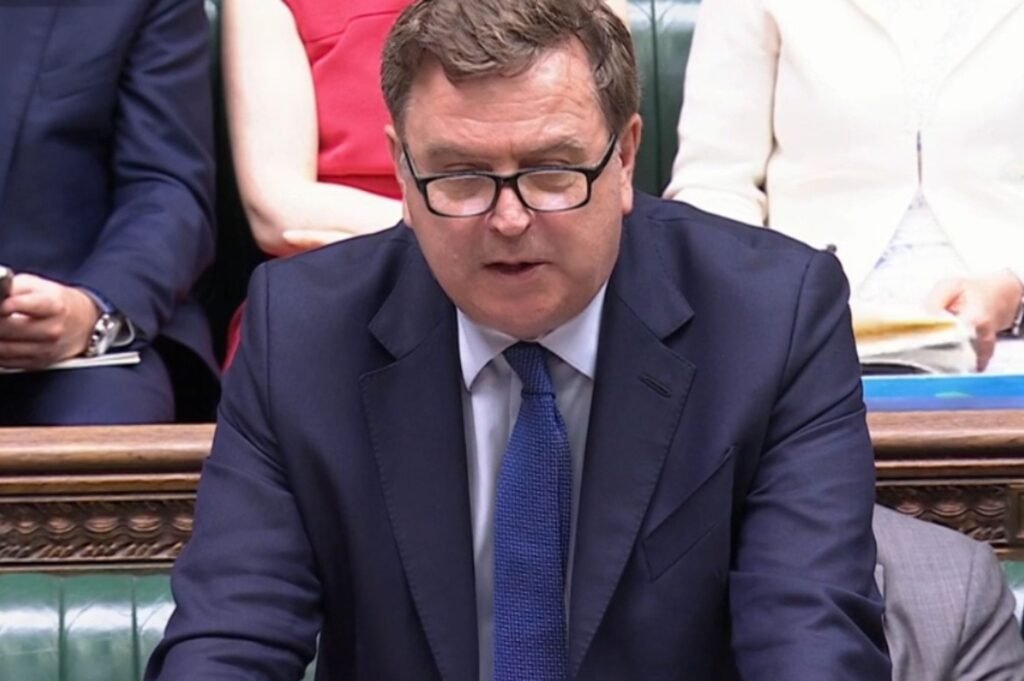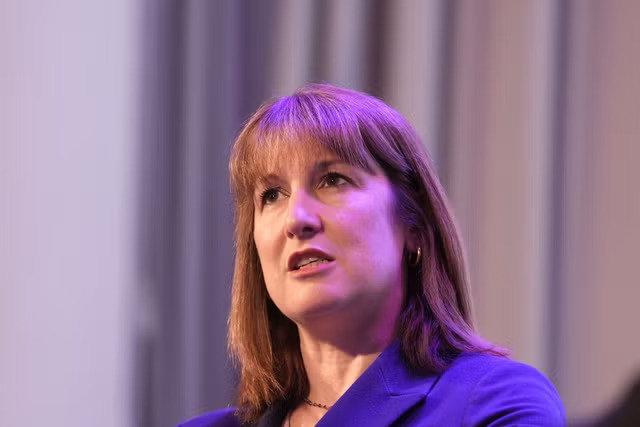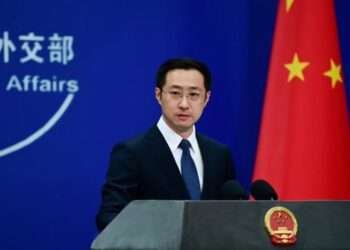Chancellor Rachel Reeves has been dealt a heavy blow ahead of her autumn budget as an international watchdog warned that her high-tax and spend policies risk choking growth and driving up inflation.
A major report by the Organisation of Economic Co-operation and Development (OECD), which tracks global economic performance, also linked the impact of President Donald Trump’s tariffs to Britain facing one of the highest inflation rates among the G7 economies.
The OECD’s conclusions come as the chancellor is already under intense pressure to raise taxes further to close an estimated £40 billion gap in her spending plans. For a politician who entered office last year pledging that her “no 1 mission” was to deliver economic growth, the findings are a sharp warning.
According to the OECD, UK growth is expected to slip from 1.4 percent this year to just 1 percent in 2026. At the same time, inflation is forecast to remain stubbornly high at 3.5 percent, well above the Bank of England’s 2.7 percent target.
Growth Set To Decline In 2026
Despite the gloomy forecast, a Chancellor Reeves sought to counter the narrative. She insisted that Britain had, in fact, outperformed expectations so far. “These figures confirm that the British economy is stronger than forecast – it has been the fastest growing of any G7 economy in the first half of the year,” she said.
“But I know there is more to do to build an economy that works for working people – and rewards working people. That is what I’m determined we deliver through our Plan for Change.”
Her critics, however, seized on the OECD findings. Shadow chancellor Sir Mel Stride said, “The OECD confirms what hard-working families already feel – under Labour, Britain is in a high tax, high inflation, low growth doom loop.”
“Rachel Reeves seems to think the solution is yet more tax rises. The UK is now teetering on the edge of stagflation, all driven by Labour’s economic mismanagement. This should be a wake-up call to the chancellor: you can’t tax your way to growth.”
Shadow chancellor Sir Mel Stride

The clash over economic strategy comes just days before Labour opens its party conference, where Reeves will face mounting pressure from the party’s left and trade unions to raise wealth taxes on pensions, savings, and property. Other proposals under discussion include a windfall levy on bank profits, a gambling tax, and new rules imposing national insurance contributions on rent income collected by landlords.
Adding to the debate, the Resolution Foundation – where former director Torsten Bell now serves as a Treasury minister – floated a controversial proposal to cut national insurance contributions by two points while raising income tax rates by the same amount.
The OECD stressed that Britain’s “tighter fiscal stance” – higher taxes alongside reduced government spending – will weigh on the economy, reflected in the forecast 0.4 percent drop in growth by 2026. The watchdog also warned that UK inflation would remain the highest among the G7 advanced economies this year, intensifying the challenge for households already struggling with rising living costs.
With Britain facing what experts describe as a precarious mix of stagnating growth and elevated inflation, Reeves must now navigate conflicting demands: balancing calls for fiscal discipline with the pressure to raise new revenue streams, all while trying to sustain public confidence in her economic vision.
READ ALSO: 2025 BECE Placement Hits Record Candidate Numbers























